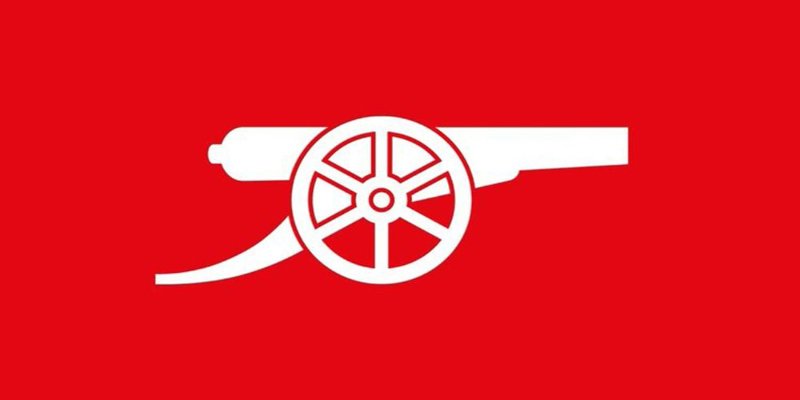Arsenal FC isn’t just a football club—it’s a symbol of passion, perseverance, and footballing excellence. Since its founding in 1886, this North London giant has shaped the sport with its tactical brilliance, iconic players, and unforgettable moments. From league triumphs to European battles, Arsenal’s journey is one of resilience and reinvention. With a fanbase that spans the globe and a commitment to attacking football, the Gunners continue to etch their name in history, proving that their legacy is far greater than just silverware—it’s a way of life.
The Golden Era of Arsenal FC
With a rich history firmly established, Arsenal FC entered a golden era marked by unprecedented success and iconic figures. This section will delve into the mid-20th century, exploring the club’s achievements during this transformative period, including the legendary Herbert Chapman and the impact of World War II.
Herbert Chapman and Tactical Innovations
One cannot discuss the golden era of Arsenal without mentioning Herbert Chapman, who took the helm as manager in 1925. His influence on the club goes beyond mere tactics; he revolutionized the way football was played in England.
Chapman introduced innovative strategies such as the WM formation, which significantly improved Arsenal’s attacking prowess. He also understood the importance of marketing, branding, and stadium enhancement, leading to the construction of the famous Highbury Stadium. Chapman’s vision helped Arsenal achieve two league titles and two FA Cups during his tenure, solidifying the club’s presence in English football.
Post-War Resurgence
Following World War II, Arsenal FC experienced a resurgence under the guidance of manager Tom Whittaker. The club quickly regained its footing, capturing the league title in 1947 and securing back-to-back championships in the early 1950s.
This post-war period was characterized by a blend of tactical discipline and dazzling skill, exemplified by players like Reg Lewis and Jack Kelsey. The combination of determination, skill, and leadership helped Arsenal reclaim its status among the elite clubs in England.
The Famous Double
The 1970 season marked a watershed moment for Arsenal as they achieved the prestigious Double – winning both the league title and the FA Cup in the same season. Under the management of Bertie Mee, Arsenal showcased a thrilling style of play, capturing the hearts of fans far and wide.
The FA Cup final against Liverpool remains etched in history due to its dramatic conclusion. Arsenal emerged victorious after a replay, establishing themselves as a dominant force in English football and reinforcing the club’s deep-rooted legacy.
The Wenger Revolution
The arrival of Arsène Wenger in 1996 marked a turning point in Arsenal FC‘s trajectory. His visionary approach to coaching changed the fabric of the club and transformed English football as we know it today. This section will explore Wenger’s profound impact on the club, including his emphasis on fitness, nutrition, and attacking football.
Tactical Evolution and Style of Play
Wenger’s philosophy centered around attractive, attacking football fueled by technical skill and fluid movement. His tactics emphasized possession-based play, encouraging players to express their creativity on the pitch.
He introduced foreign influences to the squad, notably adopting dietary regimes and training methods that revolutionized player fitness. Wenger’s commitment to developing young talent led to the emergence of stars like Thierry Henry, Patrick Vieira, and Cesc Fàbregas, who became key contributors to the club’s success.
The Invincibles Season
Perhaps the crowning achievement of Wenger’s tenure came in the 2003-04 season when Arsenal went undefeated throughout the entire league campaign, earning them the nickname “The Invincibles.” The squad featured an eclectic mix of talent, combining flair with discipline in a way rarely seen in modern football.
This remarkable feat is a testament to Wenger’s managerial skills, fostering a winning mentality while building a cohesive team dynamic. The Invincibles’ legacy continues to inspire future generations of Arsenal supporters, serving as a benchmark for greatness.
Challenges and Modernization
While Wenger’s influence was largely positive, it was not without challenges. As Arsenal transitioned to the Emirates Stadium in 2006, financial constraints impacted the club’s ability to sign high-profile players. Some fans expressed frustration over perceived stagnation in acquiring top talent, leading to debates about Wenger’s long-term strategy.
Despite these challenges, Wenger remained committed to nurturing young talent, emphasizing the importance of sustainability. His vision ultimately shaped Arsenal’s identity as a club that prioritizes youth development alongside competitive success.


